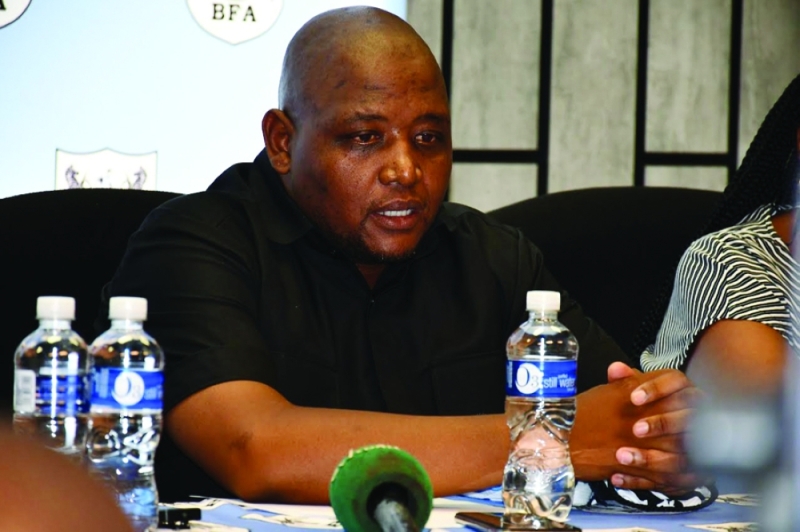Africa begins to trust its own
Mqondisi Dube | Saturday March 22, 2025 06:36


Africa could be re-arranging a long-standing obdurate reliance on European imports for national team jobs. The signs are beginning to emerge. Bafana Bafana legend, Benni McCarthy, recently touched down at the Jomo Kenyatta International Airport to take up the Kenya national team job. Zimbabwe's Calisto Pasuwa is in charge of Malawi's Flames as the kaleidoscopic pieces of a long-standing puzzle take early shape. African countries have been generally reliant on expatriates (mostly Europeans) or a local to take up the national team duties. However, nations are beginning to bucking the trend with the exchange of African expertise. By accepting the Kenya job last month, McCarthy became the first South African coach to take up a national team role outside the COSAFA region.
His counterpart, Pitso Mosimane, made history after he joined Egyptian giants, Al Ahly in 2020, which has opened doors for other coaches to explore previously unchartered waters. North Africa has been conservative, preferring its own, but the pattern was interrupted by Mosimane who went on to enjoy a stellar career with the Egyptian giants, despite earlier misgivings. His success has likely altered perceptions. Mosimane's exploits could be credited with the appointment of his fellow countryman, Rulani Mokwena at Morocco's Wydad Casablanca last July.
The floodgates for the free-movement of African coaches within the continent's borders are beginning to swing wide open. This pattern can also be traced to the movement of southern African players to North African leagues, with Botswana part of the new revolution. Cultural and language barriers have often been cited as one of the reasons North Africa had remained out of bounds for both coaching and playing talent from the southern tip of the continent. But that is rapidly changing as players and coaches criss-cross the continent, in the process scattering evidence of their undoubted capabilities. Botswana is also playing its part in exporting talent to previously virgin areas, while also opening the door to African talent. In the last 20 years, the Zebras job has either been handled by a European or a local coach. The likes of Veselin Jelusic (Serbia), Colwyn Rowe (England), Peter Butler (England), Adel Amrouche (Belgium) and lately, Frenchman, Didier Gomes Da Rosa, have taken charge of the Zebras, whilst locals Stanley Tshosane, the late David Bright and Mogomotsi Mpote have handled the assignment. But at the beginning of the year, the Botswana Football Association (BFA) swam against the tide and appointed South African, Morena Ramoreboli.
In Malawi, Zimbabwean Calisto Pasuwa is in charge of the Flames as step-by-step African natives begin to gain the trust of member associations. West Africa had long pioneered a trend of its sons of the soil taking charge of their national teams. Steve Keshi was one of the first notable former Nigerian player to take charge of the Super Eagles. Senegal has persisted with one of the heroes of the 2001 World Cup, Aliou Cissé, in a demonstration of faith in local talent. However, cases of 'cross-pollination' where an African from another country is trusted with the responsibility of handling the national team have remained rare.
